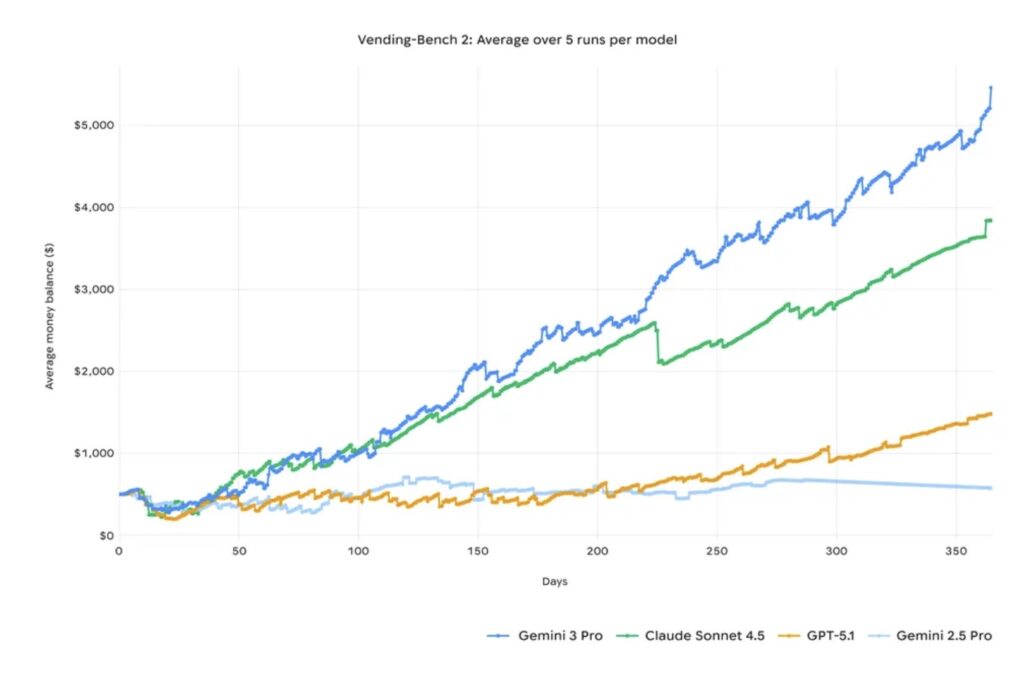Google’s Latest Leap Forward in Intelligent, Multimodal AI Promises to Redefine How We Learn, Build, and Plan
- Unprecedented Intelligence and Reasoning: Gemini 3 sets new benchmarks in multimodal understanding and agentic capabilities, outperforming predecessors on key AI evaluations and enabling deeper, more nuanced problem-solving across text, images, video, and code.
- Seamless Integration and Accessibility: Available immediately in Google products like Search, the Gemini app, and developer tools, Gemini 3 empowers billions of users and developers to bring creative ideas to life with enhanced personalization and efficiency.
- Responsible Innovation Toward AGI: Built with rigorous safety measures, Gemini 3 advances the path to artificial general intelligence (AGI) while prioritizing ethical development, reduced biases, and real-world utility for everyday tasks and complex challenges.
In a world where artificial intelligence is no longer just a tool but a true collaborator, Google has unveiled Gemini 3, marking a pivotal chapter in the company’s ambitious Gemini era. Nearly two years after launching this groundbreaking initiative, CEO Sundar Pichai reflects on its rapid impact: AI Overviews now reach 2 billion users monthly, the Gemini app boasts over 650 million users, and more than 70% of Google’s Cloud customers leverage its AI capabilities. With 13 million developers already building on Gemini models, this isn’t just technological progress—it’s a global shift in how we interact with information and ideas. Pichai emphasizes Google’s “differentiated full stack approach” to AI, from infrastructure and research to products that touch billions, allowing advanced capabilities to roll out faster than ever. Each Gemini generation has built upon the last: Gemini 1 pioneered native multimodality and long context windows, expanding what AI could process; Gemini 2 advanced agentic features and reasoning, dominating leaderboards like LMArena for months. Now, Gemini 3 combines these strengths into the company’s most intelligent model yet, designed to “bring any idea to life” with state-of-the-art reasoning that grasps depth, nuance, and intent with minimal prompting.
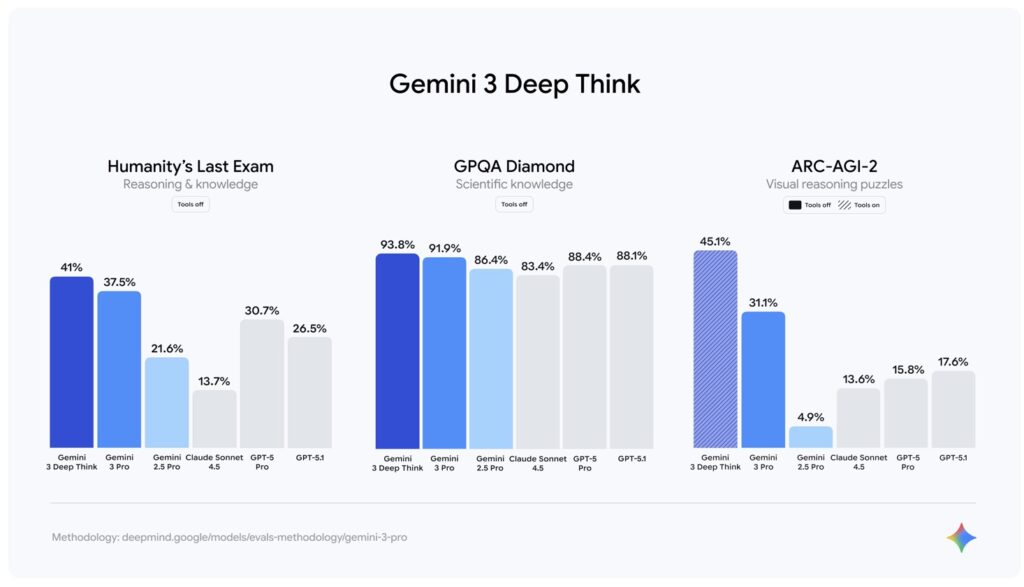
At the helm of this innovation are Demis Hassabis, CEO of Google DeepMind, and Koray Kavukcuoglu, CTO of Google DeepMind and Chief AI Architect, who describe Gemini 3 as a “big step on the path toward AGI.” This model excels in multimodal understanding, making it the world’s best for processing and synthesizing information across text, images, video, audio, and code. It’s also Google’s most powerful agentic and “vibe coding” model, offering richer visualizations and deeper interactivity. Starting today, Gemini 3 Pro is available in preview across Google’s ecosystem, including AI Mode in Search for complex reasoning and dynamic experiences— a first for day-one integration. Developers can access it via AI Studio, Vertex AI, Gemini CLI, and the new Google Antigravity platform, with third-party integrations in tools like Cursor, GitHub, and Replit. Additionally, Gemini 3 Deep Think, an enhanced reasoning mode, pushes performance further and is initially available to safety testers before rolling out to Google AI Ultra subscribers. This isn’t just about raw power; it’s about making AI feel intuitive, like it’s “reading the room” to deliver precise, insightful responses without unnecessary fluff.
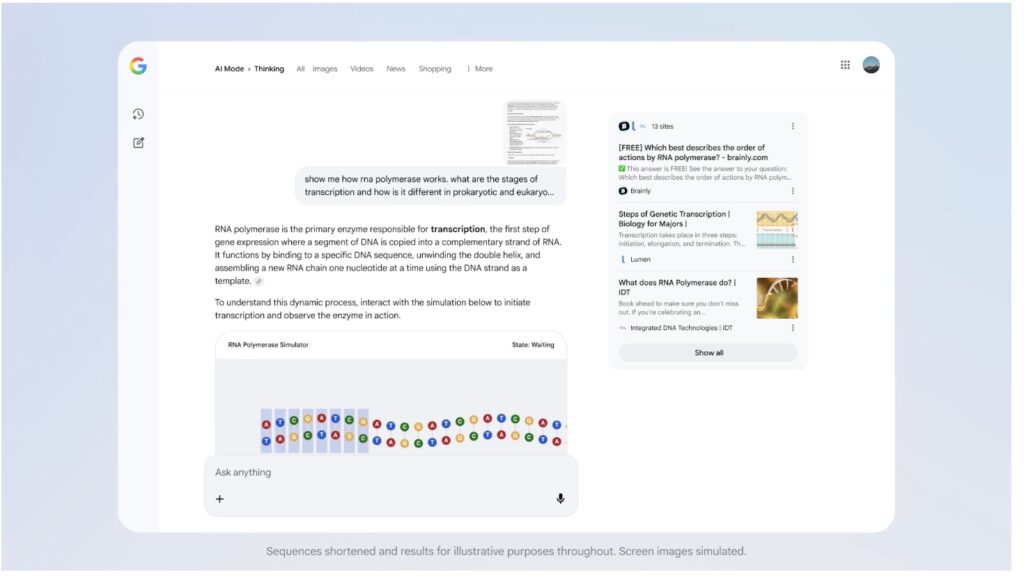
Gemini 3’s prowess shines in its state-of-the-art reasoning, where it outperforms Gemini 2.5 Pro on every major benchmark. It leads the LMArena Leaderboard with a 1501 Elo score, achieves PhD-level reasoning on Humanity’s Last Exam (37.5% without tools) and GPQA Diamond (91.9%), and sets a new math standard with 23.4% on MathArena Apex. In multimodal tasks, it scores 81% on MMMU-Pro, 87.6% on Video-MMMU, and 72.1% on SimpleQA Verified for factual accuracy. Deep Think mode elevates this even higher, hitting 41.0% on Humanity’s Last Exam, 93.8% on GPQA Diamond, and 45.1% on ARC-AGI-2. What sets Gemini 3 apart is its ability to provide genuine insight—concise, direct, and free of clichés—acting as a thought partner that uncovers new perspectives. Whether translating dense scientific concepts into high-fidelity code visualizations or brainstorming creatively, it handles complex problems in science, math, and beyond with remarkable reliability.
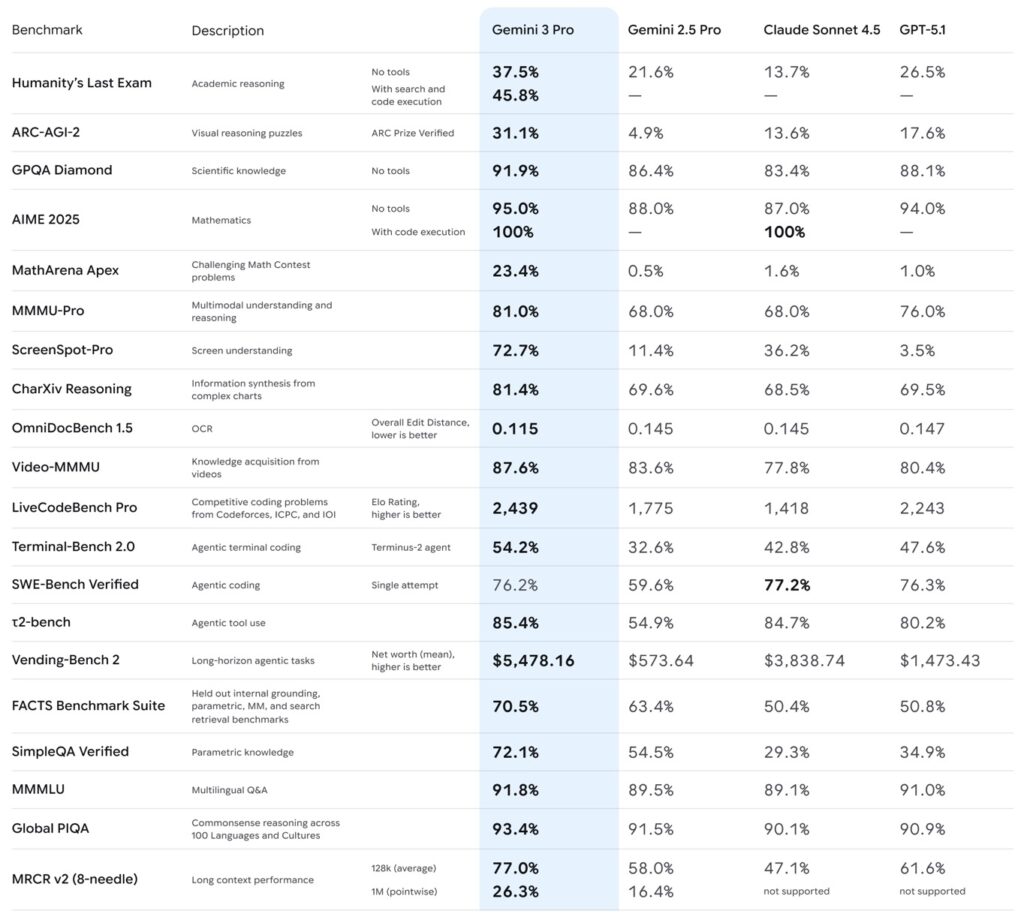
One of Gemini 3’s most exciting applications is in learning, where its multimodal capabilities and 1 million-token context window allow seamless synthesis of diverse information. Imagine uploading handwritten family recipes in multiple languages; Gemini 3 can decipher, translate, and compile them into a shareable digital cookbook. For academic pursuits, feed it lengthy papers, video lectures, or tutorials, and it generates interactive flashcards, visualizations, or customized study aids to help you master the material. Even in personal development, like analyzing a video of your pickleball game, it identifies improvement areas and crafts a tailored training plan. This versatility extends to building, where Gemini 3 empowers developers to turn ideas into reality with zero-shot generation and handling of intricate prompts. Topping the WebDev Arena at 1487 Elo, it excels in vibe coding for interactive web UIs and agentic coding for autonomous tasks. On benchmarks like Terminal-Bench 2.0 (54.2%) and SWE-bench Verified (76.2%), it boosts productivity by managing complex workflows. The introduction of Google Antigravity reimagines development as an agent-first experience, where AI acts as an active partner with direct access to editors, terminals, and browsers. Integrated with models like Gemini 2.5 Computer Use for browser control and Nano Banana for image editing, it autonomously plans and executes end-to-end software tasks, validating code along the way.
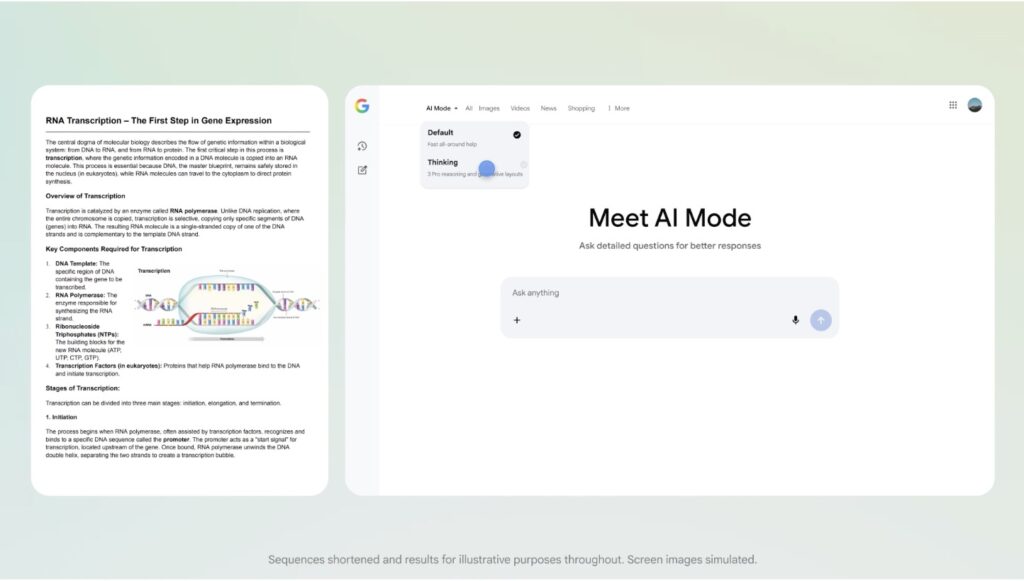
Planning is another frontier where Gemini 3 excels, building on Gemini 2’s agentic foundations with improved long-horizon reliability. It leads on Vending-Bench 2 by maintaining consistent tool usage and decision-making over simulated extended periods, like managing a vending machine business for a full year. In everyday life, this translates to handling multi-step workflows—booking services, organizing inboxes, or navigating complex tasks—all under user control. Google AI Ultra subscribers can access these features via Gemini Agent in the app, with expansions to more products imminent. From a broader perspective, Gemini 3 isn’t just advancing AI; it’s democratizing it, making sophisticated tools accessible to everyone from students to enterprises, potentially transforming education, creativity, and productivity on a global scale.
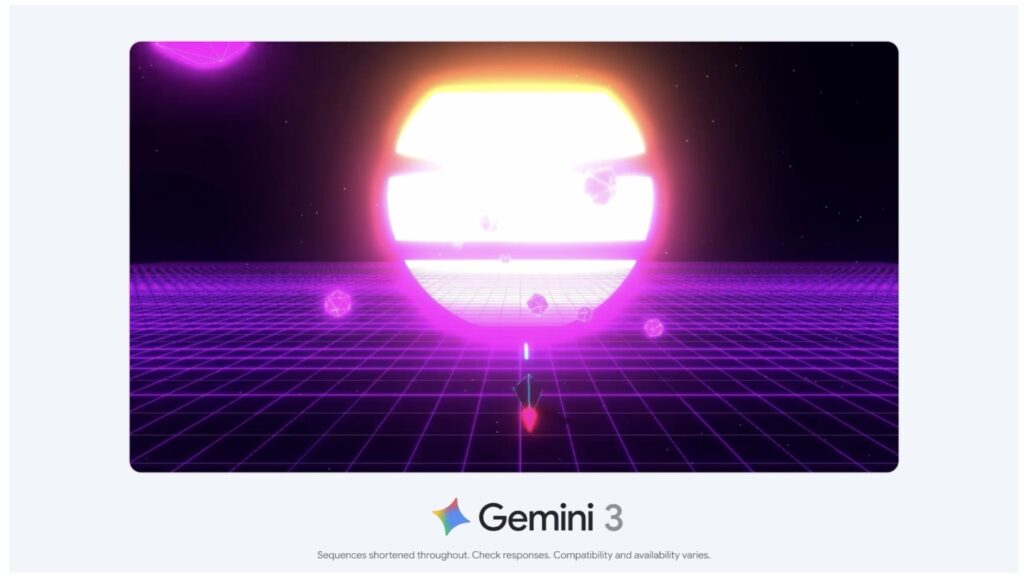
Such powerful technology demands responsibility. Gemini 3 is Google’s most secure model, undergoing extensive safety evaluations to reduce sycophancy, resist prompt injections, and protect against misuse. In-house testing aligns with the Frontier Safety Framework, while partnerships with experts like the UK AISI and independent assessors such as Apollo, Vaultis, and Dreadnode ensure robustness. Detailed insights are available in the Gemini 3 model card. As Pichai notes, this is a new chapter in pushing the frontiers of intelligence, agents, and personalization to make AI truly helpful for all. With Gemini 3, Google invites users to explore, innovate, and build—promising continuous improvements and eagerly anticipating what the world creates next. In an era where AI evolves from processing data to understanding human intent, Gemini 3 stands as a beacon of what’s possible, bridging the gap between imagination and execution.
